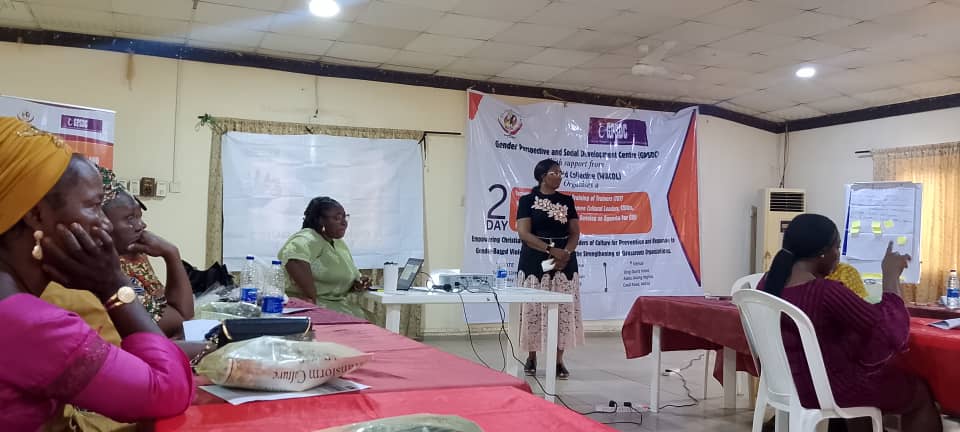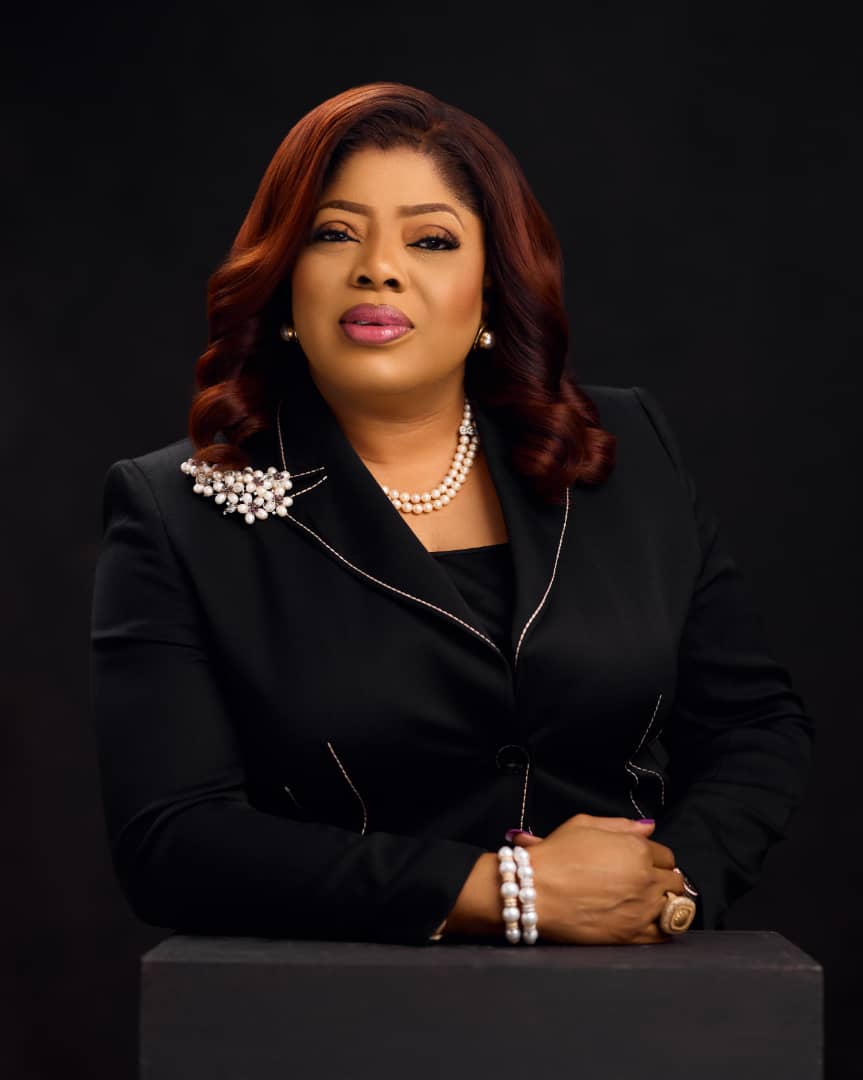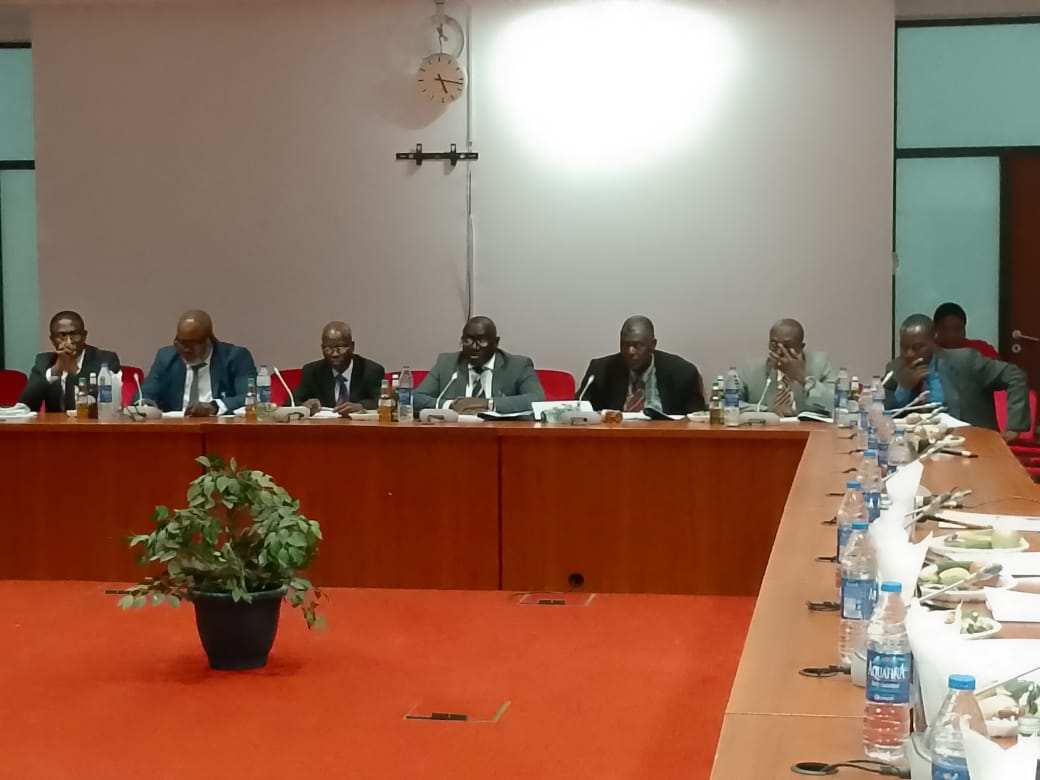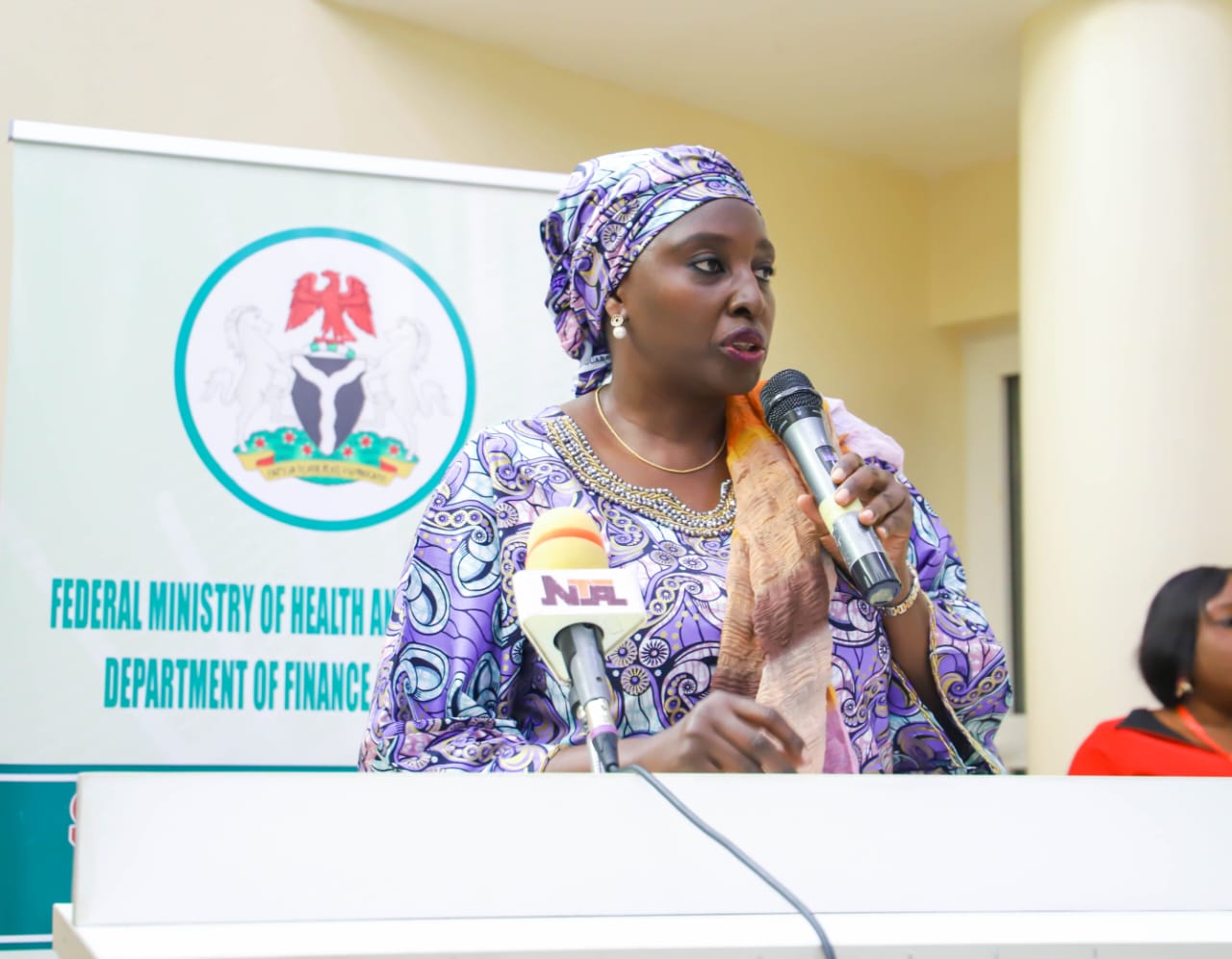Group blames rising gender-based violence in Anambra on lack of data, shelters

The Gender Perspective and Social Development Centre (GPSDC) has attributed the rising cases of gender-based violence (GBV) in Anambra State to the lack of reliable data and safe shelters for survivors.
Mrs. Eucharia Anekwe, Executive Director of GPSDC, stated this on Wednesday in Awka during the opening of a two-day training supported by the Women Aid Collective (WACOL).
The training, themed “Empowering Christian Women and Women Leaders of Culture for Prevention and Response to Gender-Based Violence in Nigeria, through the Strengthening of Grassroots Organisations,” was aimed at building community capacity to tackle GBV.
Anekwe said the absence of data and shelters weakens efforts in prevention, protection, and prosecution, allowing GBV to persist and escalate.
“Without data, policymakers cannot measure the scale of abuse, allocate resources effectively, or design targeted interventions.
“Many cases go unreported while perpetrators act with impunity.
She noted that the lack of safe shelters often forces survivors to return to their abusers, leaving them vulnerable to further harm.
Anekwe also lamented that Anambra has only one sexual assault referral centre, which she described as inadequate.
“By the time a survivor gets there, evidence may have been tampered with due to the long distance,” she said.
She commended the Ministry of Women and Social Welfare for its efforts in combating GBV.
Also speaking, Mrs. Chioma Okeke, Founder of Shoulder for Gender Support and Development, blamed poor parenting for the high rate of rape and sexual assault.
“We have focused so much on empowering the girl child but neglected to instill proper morals and responsibility in our sons.
‘The result is a generation lacking self-control. That change must begin at home,”she said.
READ ALSO: OGITECH Stresses Youth Health as Catalyst for National Development
Stakeholders Endorse Digital Economy Bill, Seek’s Clarity of Institutional Roles
In her remarks, Ms. Oge Ozoemena, Programme Manager at GPSDC, said some cultural practices and religious interpretations reinforce gender inequality.
She noted that the project aims to harness cultural and religious platforms to promote positive social change by engaging Christian communities and women leaders.





